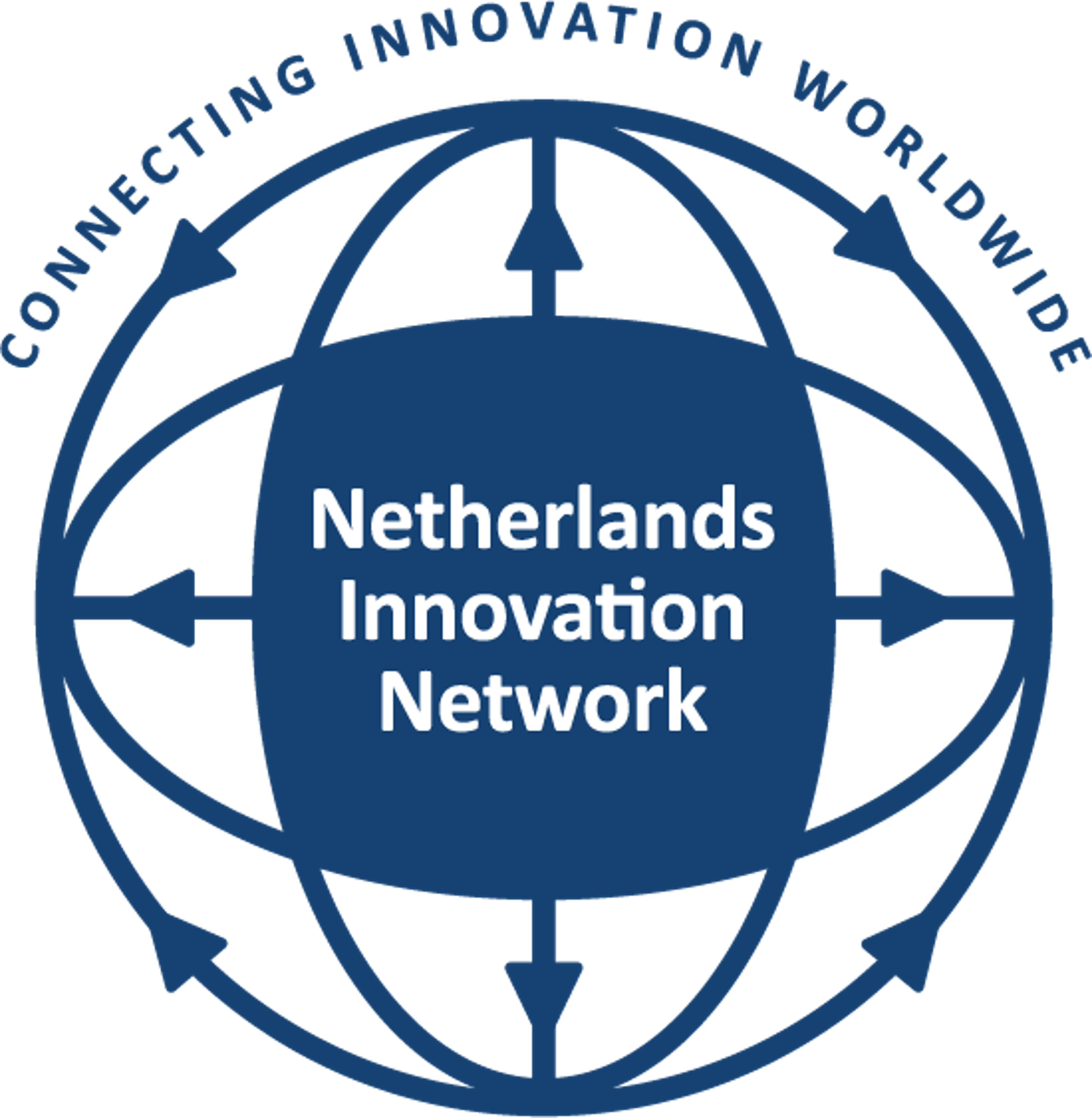Summary
China is building the longest quantum-communication network, which includes a 2,000 kilometre link between Beijing and Shanghai. This US$80-million Chinese initiative will not only provide the highest level of protection for government and financial data, but will also provide a test bed for quantum theories and new technologies. Various institutes in China work on quantum physics, and recently a new initiative has been announced. Jack Ma, CEO of Alibaba Group, signed a memorandum of understanding (MoU) to co-found the Chinese Academy of Sciences (CAS)-Alibaba Quantum Computing Laboratory.
First proposed by physicist Richard Feynman in 1982, the idea of a quantum computer is to use certain phenomena from quantum mechanics to perform operations on data. Scientists in several countries are working on such a new type of computer. Microsoft formed a quantum research team in 2006 and hired new recruits to work in its growing quantum hardware design group. In 2013, NASA and Google, in partnership with a consortium of universities, launched an initiative to investigate applying quantum technology to artificial intelligence. Last year, IBM announced a plan to invest $3 billion in quantum computers and related research fields over five years. If successful, large-scale quantum computers would be capable of calculations at speeds impossible for traditional ones.
So far, China performs research on quantum mechanics and its possible applications at the “Hefei National Laboratory for Physical Sciences at Microscale” and “Synergetic Innovation Center of Quantum Information and Quantum Physics”. Recently, a new quantum-computing laboratory has been announced.
Jack Ma signed a MoU stating that Alibaba Group’s cloud computing subsidiary Aliyun is setting up a joint quantum-computing laboratory with the Chinese Academy of Sciences. Under the terms of the MoU, the Laboratory will conduct pioneering research in quantum theory with a view to discover ground-breaking security techniques for e-commerce and data centers, as well as to enhancing computing performance. Both parties will jointly promote the research, development dissemination and application of quantum computing to lay a strong and stable technical foundation for China to push the envelope on quantum computing.
“The laboratory will combine the technical advantages of Aliyun in classical calculation algorithms, structures and cloud computing with those advantages of CAS in quantum computing, quantum analog computing and quantum artificial intelligence, so as to break the bottlenecks of Moore’s Law and classical computing,” said Professor Pan. Professor Pan Jianwei, a quantum scientist at the University of Science and Technology of China, who leads several quantum laboratories in Anhui and Shandong provinces and in Shanghai, will be director of the newly founded Chinese Academy of Sciences-Alibaba Quantum Computing Laboratory in Shanghai.
The aim is to develop a prototype quantum computer, with the initial goal of producing a prototype with computing power similar to a regular commercial computer in five years. To achieve this goal, Alibaba Group will sponsor the laboratory in the next five years, and will recruit top scientists globally to work with those from the academy.
After the five years of cooperation, Alibaba and the Chinese Academy of Sciences will review the achievement to decide on further investment for a 10-year plan. The 10-year goal would be to improve the computing capacity to equal that of China’s Tianhe-2 supercomputer, followed by a 15-year target.
“Since most of the products we buy come from foreign companies, we wanted to accelerate our own program” Pan said. “This is very urgent because classical encryption was not invented in China, so we want to develop our own technology”
The first 5-year goal needs an investment of approximately US$23,5-million. The follow-up input is currently difficult to estimate. Pan points out that no single national project will be able to support such a costly project over such a long period. “That is why we need support from the private sector” Pan said.
Wang Jian, chief technology officer at Alibaba Group, said: “Seven years ago, when we started to research cloud computing, it was impossible to tell how popular it would become today. What we knew was that cloud computing was a kind of technology that influenced the future development of our group, and that we need time to accumulate technology”.
“It would be wrong to assume that a quantum computer is just ‘better’ than a traditional computer. Quantum computing is something that will change the world completely” said Wang.
Besides the US$80-million long-distance quantum encryption network between Beijing and Shanghai and Jack Ma’s ambition to build a quantum computer, China plans to launch a quantum satellite next year.
Sources, further reading
- http://www.chinadaily.com.cn/china/2015-09/01/content_21764766.htm
- http://www.marketwatch.com/story/aliyun-and-chinese-academy-of-sciences-sign-mou-for-quantum-computing-laboratory-2015-07-30
- http://www.nature.com/news/quantum-communications-leap-out-of-the-lab-1.15093
- http://www.extremetech.com/extreme/209704-chinas-tianhe-2-still-the-fastest-supercomputer-in-the-world-but-the-us-is-catching-up
